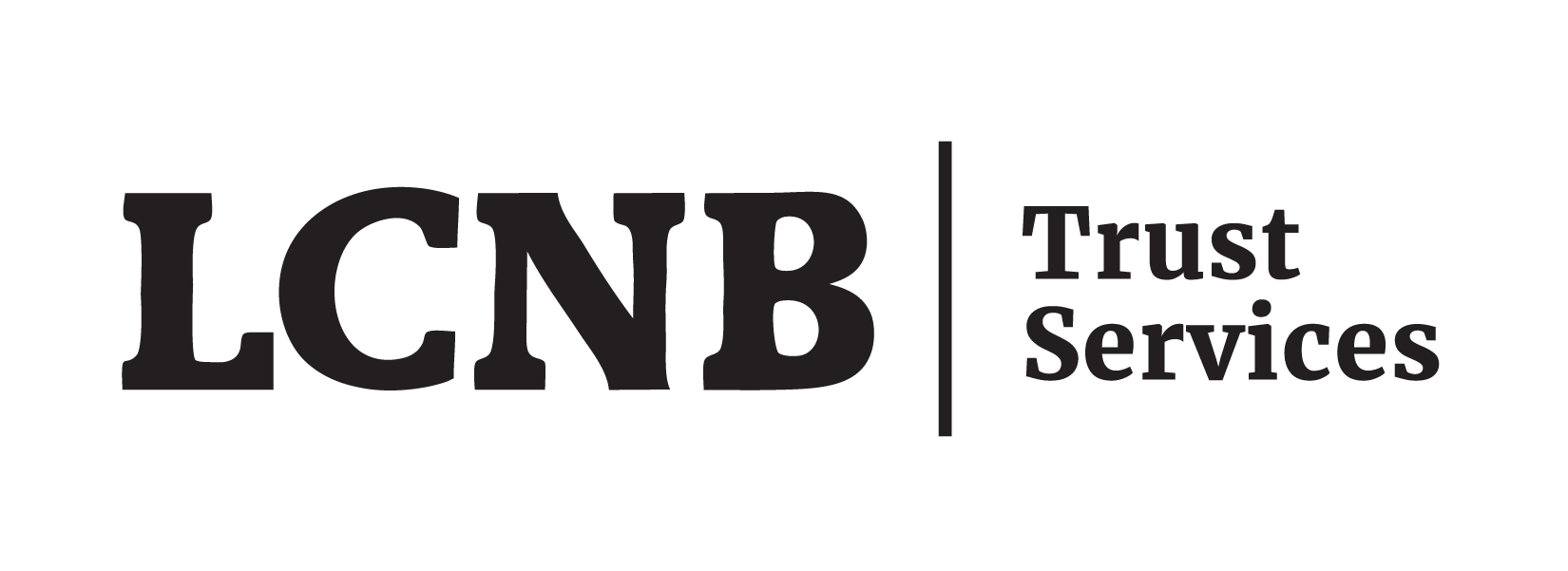The CARES Act and Your Planning
2020 has been a whirlwind so far due to the health, social, and economic consequences related to the COVID-19 pandemic. On the heels of the SECURE ACT, signed into law shortly after Christmas and that modified many retirement plan and IRA rules, the Coronavirus Aid, Relief, and Economic Security Act (the “CARES Act”) was enacted in late March. In addition to enhanced unemployment benefits, loan deferral/suspension protections, and small business loans to provide relief, the CARES Act generates certain benefits that may affect your near-term wealth planning. Here is a brief summary of those changes and the planning considerations.
Income Tax Filings. The IRS and the states have moved income tax filing and payment deadlines from April 15 to July 15. No extension filing is required, but note that if you pay quarterly estimates, based on current guidance (updated 4/23/2020), both your first quarter and second quarter estimates are due on July 15, 2020. Also, you now have until July 15, 2020 to make 2019 IRA and Health Savings Account contributions. If you are due a refund, you should file as soon as possible. If you will have a tax liability due, you can now delay filing and payment until July 15.
Stimulus Payments. Many of you will receive payments of $1,200 per person plus $500 for each child you have under 17. The payments, however, begin to phase out at $75,000 of income for a single person, completely phasing out at $99,000 of income, and at $150,000 per married couple, with a complete phase-out at $198,000 of income. The income limits are based on your most recently filed tax return. Thus, if you expect your ’19 income to be higher than your ’18 income, you may wish to delay your 2019 income tax filing until later this spring or summer, after you receive the payment.
Required Minimum Distributions. Required Minimum Distributions (“RMD”) from IRAs, 401(k)s, and 403(b) plans are waived for 2020. The waiver may be very helpful to you if the market value in your retirement accounts decreased significantly due to current bear market. And depending on the make-up of your assets, your tax rate, and overall cash-flow needs, you may be able to forego retirement plan withdrawals, which would be fully taxable to you, and instead utilize more tax efficient vehicles such as excess cash, Roth IRAs, and taxable investments to satisfy your living expenses. Also, if you have already taken all or a portion of your RMD, you may be able to re-deposit it into your retirement account under certain circumstances.
Penalty-Free Early Withdrawals from Workplace Retirement Plans. If you need to withdraw funds from your 401(k) and other workplace retirement plans due to the pandemic to satisfy your needs, you may be able take out up to $100,000 this year from those accounts without a 10% penalty. The withdrawals are generally taxable to you, but you will have up to three years to pay the related taxes. Alternatively, depending on your plan’s rules, you may be able to treat the withdrawals as loans and re-contribute them to the plan over the three-year period. Typically, withdrawing funds from your employer’s retirement plan should be considered only as a last resort because it will generally make sense to leave assets in your retirement vehicles for the long-term. But this relief may be utilized if an urgent need exists.
Charitable Deductions. To help incentivize charitable giving during the crisis, for 2020 there is a new above-the-line deduction for charitable contributions up to $300. Thus, when you file your ’20 taxes, you may utilize both the standard deduction and up to $300 of charitable contributions as deductions. Further, the adjusted gross income limit on charitable deductions has been changed from 50% of AGI to up to 100% of AGI, which may be very helpful to those taxpayers who normally itemize their deductions even with the increased standard deduction.
There has been much activity in recent days and there is much information for you to digest. You are encouraged to contact your LCNB trust officer and portfolio manager to discuss these law changes in further detail, how they affect you, and how you can properly plan for them.
To read about our investing insights during this time, click below.
LCNB Wealth Management does not offer tax advice. Please consult with your tax adviser.




